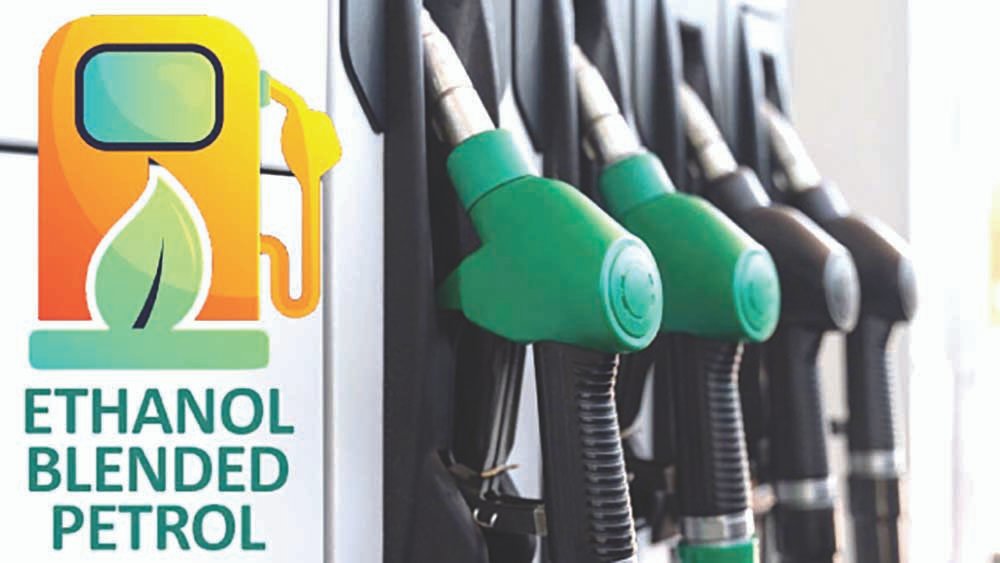Ethanol in fuel, particularly petrol, has been trending on the internet for a few days. Availability of E20 (20 percent ethanol blended) petrol has risen to a great extent in fuel refilling stations across the country. However, this has led to many complications at the ground level, reports the Financial Express.
Already the upgradation of oil refineries for 20 percent ethanol blending has proved to be a costly exercise and now ethanol-blended petrol has started showing its effects on vehicles.
Several car owners have reported issues such as loss in vehicle pull and drop in fuel efficiency. This has raised many concerns over the impact of ethanol in a vehicle’s performance.
Although modern engines are equipped to handle up to E85 (85% ethanol blend) petrol, the recent cases of loss in power and mileage can pose multiple challenges for OEMs as well as consumers.
Govt admits lower mileage in ethanol-blended fuel: Amid concerns and debates that ethanol blending in petrol has significantly reduced fuel efficiency and accelerated wear and tear of vehicle parts, the Ministry of Petroleum and Natural Gas recently addressed the impact of 20% ethanol blending (E20) on vehicle performance, reports the New Indian Express.
The Ministry confirmed that ethanol has a lower energy density than petrol, which can cause a slight decrease in mileage. Four-wheelers designed for E10 and calibrated for E20 may experience a 1-2% drop in mileage, while other vehicles may see a reduction of 3-6%.
While the government’s claim of up to 6% reduction in mileage on older vehicles suggests a very limited impact, consumers and some experts believe the impact on mileage to be a little higher.
“By its chemical composition, ethanol has lower energy per unit volume than petrol. This results in reduced fuel efficiency from any ethanol-blended petrol when compared to unadulterated petrol. While our internal estimate shows that E20 petrol gives 5-7% lower mileage than unadulterated petrol, primarily in vehicles manufactured before 2023, consumer feedback suggests the impact to be in double digits in real-world driving conditions,” said the head technical officer of a leading car company on the condition of anonymity.
He advocated a discount for consumers on blended petrol given that ethanol is sourced locally and is much cheaper than crude.
Regarding material corrosion, the ministry stated that safety standards, including corrosion inhibitors and compatible materials, are defined by BIS specifications and Automotive Industry Standards.
For older vehicles, replacement of rubber parts or gaskets may be advised after 20,000 to 30,000 km of use. These replacements are minor, low-cost, and can be carried out during routine servicing, stated the ministry.
An industry expert cited that ethanol is hygroscopic (attracts water) and more corrosive than petrol. He stated that over time, this can lead to increased wear of rubber and plastic components (like gaskets, seals, hoses). He also added the possibility of fuel leaks, degraded fuel pumps and clogged injectors, especially in older vehicles which are not designed for higher ethanol blends and are not maintained routinely.

